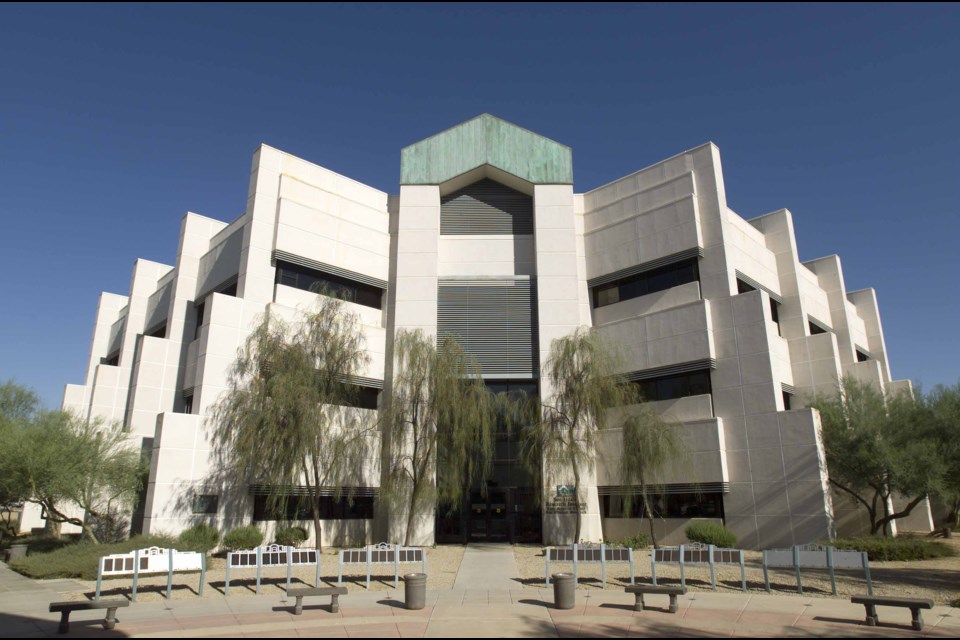Research in Alzheimer’s and dementia has been in the news a lot lately, but common questions remain among many people about causes and treatment.
Dementia, an impairment in memory and other thinking skills sufficient to interfere with everyday activities of daily living, is not a normal part of aging. However, underlying causes of this symptom become more common as we age.
The top three most common causes of dementia are Alzheimer’s disease, vascular dementia and Lewy body dementia, or LBD. Collectively, these devastating illnesses affect about 10 million adults ages 65 and over.
Lewy body dementia is different from Alzheimer’s because it starts with problems involving attention, visual function like identifying forms or distances, and multi-tasking – not just trouble remembering new information. It also includes problems like tremor, walking difficulty, hallucinations, spells of profound disorientation or confusion, low standing blood pressure and acting out dreams while asleep.
Until recently, there were no FDA-approved disease-modifying drugs for Alzheimer’s disease. There are still no effective drugs on the market to slow the progression of LBD. So, why go through the trouble of visiting a specialist – or several specialists – to get a diagnosis? What’s the point when there are so few treatments available that will change the course of the disease?
It’s actually very important, for several reasons:
- Getting an accurate diagnosis will help you, your loved ones and your care team understand what they are facing. Though it can cause hallucinations and delusions (fixed, often paranoid false beliefs despite evidence to the contrary), LBD also makes a person very sensitive to antipsychotic medications. Its more complex symptoms can be managed to improve quality of life following accurate diagnosis, but LBD ultimately carries a more serious prognosis; life expectancy is shorter than most dementias.
- Occasionally in a dementia evaluation, a reversible cause may be identified. Thanks to decades of research, treatments to slow the earliest stages of Alzheimer’s disease are just on the cusp of becoming available.
- For the other dementias that don’t have approved medications, particularly LBD, clinical trials testing promising new therapies are becoming more widely available. Choosing to participate in clinical trials can be deeply personal for individuals facing down a serious diagnosis, as well as their family and care team. Volunteers are usually reimbursed for their time and travel, and gain free access to cutting-edge treatments, and regular visits with leading medical experts. Perhaps most importantly, they help to increase hope we’ll be one step closer to a more effective treatment, or even a cure.
Our national partners, the Alzheimer’s Association and the Lewy Body Dementia Association, are a great starting point for educational resources. We are fortunate in metro Phoenix to have three world-class academic programs: Banner Sun Health Research Institute in Sun City and Banner Alzheimer’s Institute in Phoenix; Barrow Neurological Institute; and Mayo Clinic.
The Banner team offers comprehensive care and clinical trials for memory and movement disorders, including LBD, Parkinson’s and Alzheimer’s diseases. To learn more, visit BannerSHRI.com.
Dr. David Shprecher, DO, Msci, FAAN, is movement disorders director of Banner Sun Health Research Institute.



